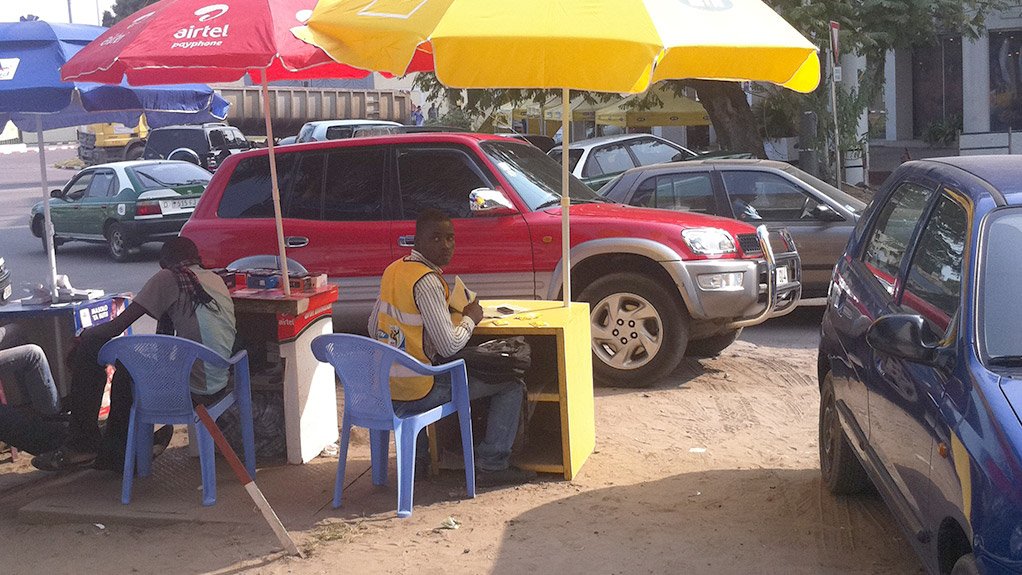
REPUBLIC OF CONGO RETAIL CHANNELSPrepaid customers in Africa often have multiple Sim cards to make use of various benefits offered by different service providers
Unpleasant new customer registration experiences among all mobile telecommunication service providers in Africa highlight generally poor, but uneven, customer experiences and poor customer retention, says global advisory firm KPMG Advisory partner Frank Rizzo.
“In Africa, 99% of people are using prepaid services and many people hold multiple subscriber identity module (Sim) cards from various service providers to use the benefits of the different service providers. There is very little differentiation between brands and limited brand loyalty in Kenya and Nigeria,” says KPMG Management Consulting partner Tanja Ferreira.
In South Africa, 81% of customers use prepaid services. The percentage of prepaid customers is expected to increase because there is little incentive for contract customers to renew contracts, owing to fewer benefits, higher and opaque costs, as well as price and benefit stasis, compared with prepaid offerings.
The Consumer Protection Act has had a limited impact on improving the quality of customer interactions in South Africa, with business continuing as usual after a flurry of changes prior to the promulgation of the Act. Customer obligations and help to activate Sim cards and new contracts are not readily available and poorly explained by sales staff.
“Consistency of service is necessary across all channels and customer touch points, as considerable frustrations are encountered in nonbrand retail channels. Nonbrand sales agents’ knowledge of activation processes and sales services are often poor, leading to negative perceptions of the telecommunications brand in question,” says Ferreira.
Resolving problems the first time depends heavily on the knowledge of the service or sales agent and broad programmes and initiatives are necessary to improve customer experience through customer-centric culture. Training will help differentiate a product from those of competitors in a highly competitive market, says Rizzo.
Interactive telephonic voice-response menus are long and confusing, with no option to navigate back to a general menu, often requiring multiple calls to resolve issues.
Customer self-help channels must be simplified and the individual customer’s experience must be improved across all channels by making customer data available over all customer interaction channels.
“Online channels may not be as effective customer-interaction channels in Africa as they are in other parts of the world, owing to a lack of devices to connect to the Internet,” notes KPMG Africa Telecoms Group head Johan Smith.
The prepaid market in developing countries is an important market. None of the service providers in the study stands out as providing better services than others across the markets studied.
“Customers in developing markets commonly do price arbitrage between brands, and telecommunications brands must aim to improve customer retention through customer experience and service benefits, which will benefit the service providers in the long term,” he highlights.
The global study indicated that all operators battle to keep customers happy, says Ferreira.
“Improving customer experience requires an integrated approach to the problem, diversification of channels, as well as consistency across all channels and should be driven by back-end systems and making data available to all customer channels,” says Rizzo.
Improving customer experience in the mobile market will not be easy and telecommunications service providers must implement a broad programme to improve customer experience across all channels, concludes Smith.